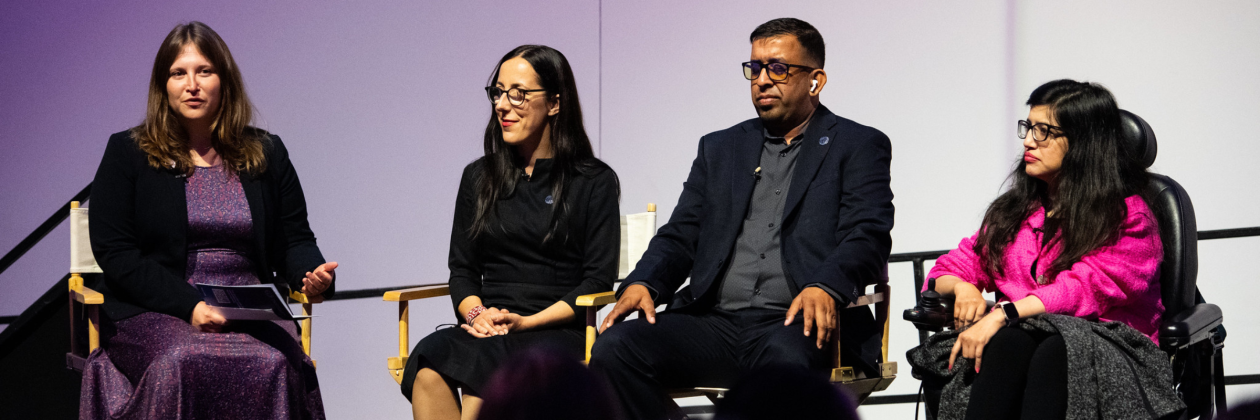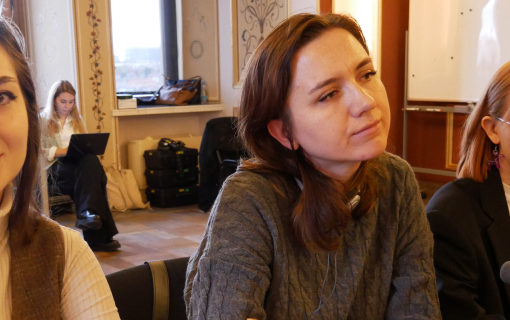
Euroviews. Disability rights in Ukraine are a litmus test for democracy
By Virginia Atkinson, Yuliia Sachuk
Air raid sirens blare across Ukraine every day. The sound signals what has become a part of Ukrainians’ daily routine: run down the steps to the basement, shelter in place, and, as millions have, trek miles to shelter or to flee.
But for those with disabilities who can’t hear those signals, who can’t access bomb shelters, who can’t make it across the border or to a shelter — they continue to be left behind.
One woman’s family — all of whom are blind — never knew where the entrance to their apartment building’s basement was.
When the building owner told residents to shelter there, they were dismissed when they asked for directions.
This is just one scenario where people with disabilities could not access a shelter. In 2023, the Ukrainian Interior Ministry found that nearly 900 over 4,800 shelters were locked or in a state of disrepair; a majority of the remaining shelters are inaccessible to people with disabilities.
This past week, at the World Economic Forum in Davos, President Volodymyr Zelenskyy promoted a Ukrainian peace plan, urging his allies to remain committed to Ukraine “to build, to reconstruct, to restore our lives.”
As towns in Ukraine rebuild at this very moment, it is important to recognise that for people with disabilities, a one-size-fits-all playbook to survive and recover from the war does not exist.
When Ukraine emerges victorious, to thrive as an inclusive democracy, it must prioritise those being left behind right now.
Read the full piece at EuroNews.
This piece was originally published on January 19, 2024, by EuroNews









